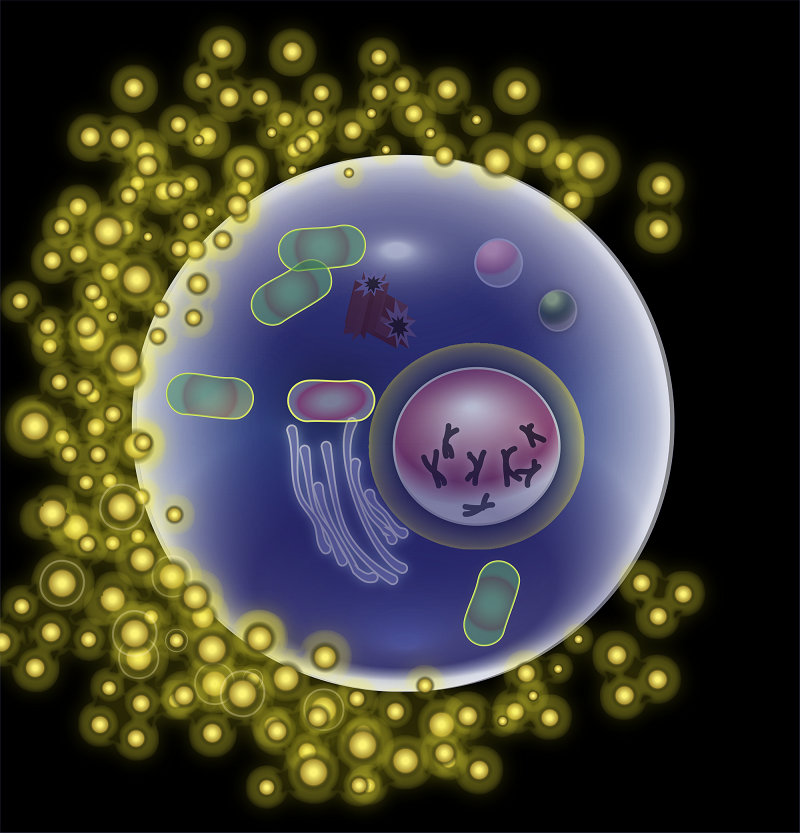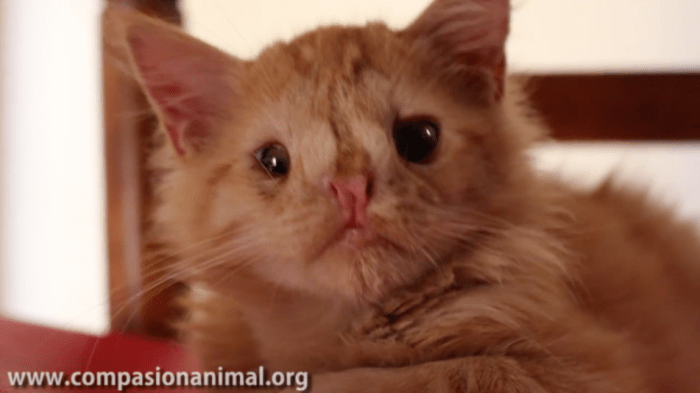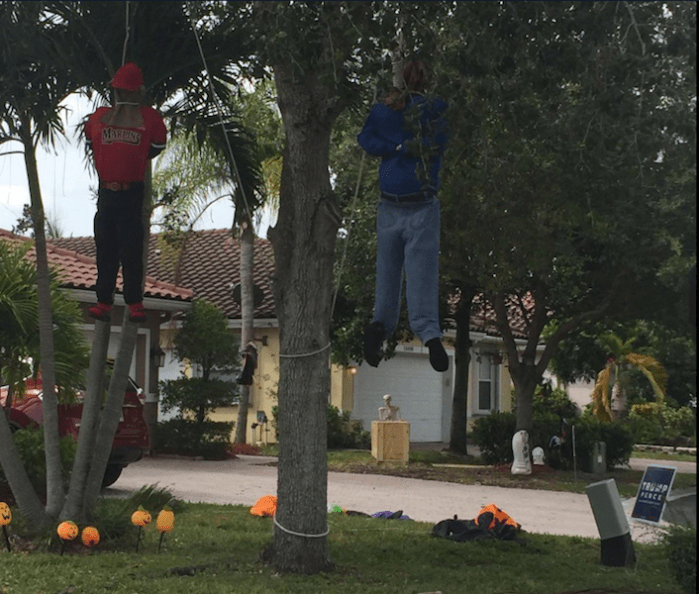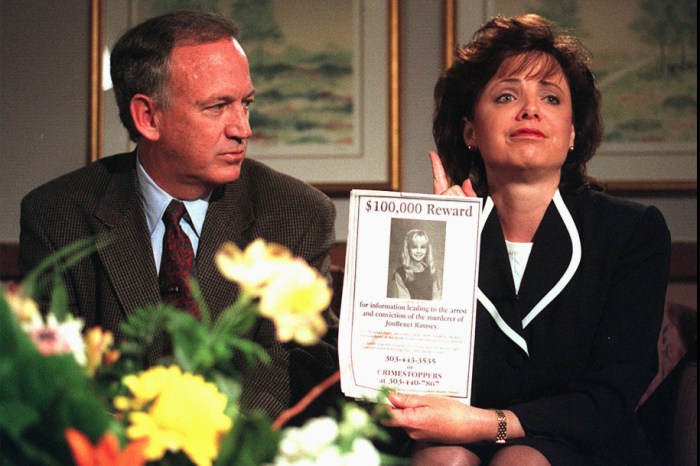For women who aren’t sure about having children, or who know that now isn’t the right time, freezing unfertilized eggs has become a more common topic of conversation.
Whether your biological clock “is ticking like this,” as Marissa Tomei’s character in “My Cousin Vinny” said while stomping her foot, or your “social clock” is just not at time-to-have-a-baby o’clock, there are preemptive measures women can take to ward off difficulties getting pregnant later in life. Extend Fertility, 200 W. 57th St., opened on Wednesday and is the first clinic in the United States that provides only egg freezing services. Focusing on one thing “and doing it awesome,” as reproductive endocrinologist and co-founder of Extend Fertility Dr. Josh Klein put it, allows the clinic to keep costs down, making egg freezing an option for more women. Egg freezing is not covered by most health insurers, but in 2014, Silicon Valley companies like Facebook and Apple began offering the option to their female employees.
“I would equate it to reimbursement for an MBA program,” Brigitte Adams, a marketing executive at a tech startup told NPR at the time, “or adoption assistance, or, you know — it’s not the be-all and end-all, but it’s definitely a nice perk.” Klein said the science of egg freezing has “advanced pretty radically” in the last few years and an influx of women looking to extend their future fertility options is one of the factors that prompted the inception of the new clinic. In his previous position at Reproductive Medicine Associates New York, Klein said he would see a waiting room full of couples desperate to have a baby and one woman undecided about having a baby who stood out from the rest. “Maybe [she] doesn’t have a partner yet or maybe is trying to make sure that she stabilizes her career or education and it kind of was an awkward fit,” he said. “So we have very different kinds of patients coming to the same place and working through the same system, but the egg freezers are really not being served well by the traditional set up.” Talia Zapolanski, a single 33-year-old who started the pre-process testing at a traditional IVF clinic at one of the larger hospitals in New York, said she was chatting with a friend who told her about Extend Fertility. “Part of that is the pedigree of the people at Extend [Fertility] and the experience that they’ve had so I wouldn’t have gone to just anyone,” Zapolanski said, “but you’re talking about physicians who came from the top fertility clinics to start this.” Having a facility that focuses only on ovum cryogenics also halves the price from the typical $10,000 harvesting fee, which allows younger women to make the decision. It also opens up the option to women in different socio-economic classes. Plus, Klein said, the $4,990 fee at Extend Fertility covers 12 eggs.
“If you pay to freeze your eggs at a traditional IVF clinic and you’re only able to get a few eggs … if you want to get more, you’ll have to pay more,” Klein explained. “In our model, we price around a minimum of 12 eggs – normally women produce one egg per month – so that’s a year’s worth of fertility.” It should be noted that there are additional costs for egg storage.
According to Extend Fertility, “in the largest study of egg freezing outcomes published to date, women who froze 15 eggs or more at age 35 or younger were calculated to have an 85 percent chance of success if they return to thaw and use those eggs.” That data was gathered when the “slow” process was still in use. A faster process called “vitrification” – a way of freezing an object in a glass-like suspension – is what Extend Fertility uses. Justine (not her real name), a 36-year-old who lives in New Jersey, is using a traditional IVF clinic. She started considering it about three years ago, but was held back by finances. An AMA (advanced maternal age) blood test also showed her that the time is now. If she doesn’t have a partner in the future, Justine said she will most likely still have a child and that freezing her eggs takes the “pressure off.”
“I think as I’m getting older, the needle has sort of moved on what that age is. I have a very distinct memory of being 16 years old and a couple of my girlfriends and I would all joke ‘if we’re still single at 36, we’re going to go together to the sperm bank,’” Justine said. “At the time, 20 years seemed so far away and now those girlfriends have gotten married and had kids and 36 doesn’t seem as nearly as old. ‘When I’m 38!’ Or when I’m 38, it’ll be like, ‘When I’m 40!’” she added while laughing.
Zapolanski said she hopes she won’t need the frozen eggs, but like Justine said, they are a nice insurance policy.
“I think it is worth a conversation and I’m not saying it’s necessarily for everyone,” she said. “I know it is an expensive process, but I think it is worth it considering and I’m grateful there is a place like Extend [Fertility] that is making it more accessible to more people.”
Egg freezing clinic provides an affordable option

Google Commons


















